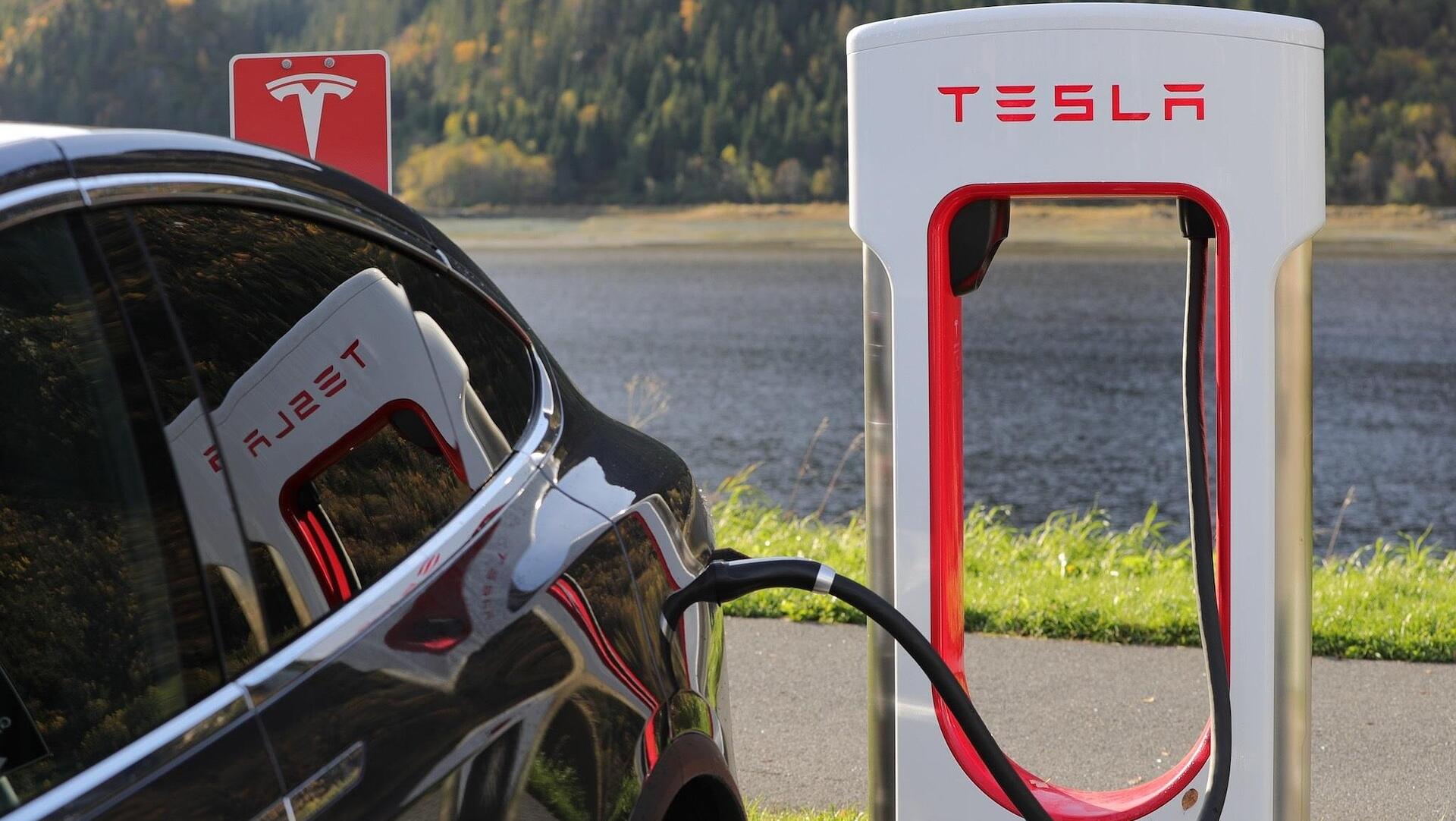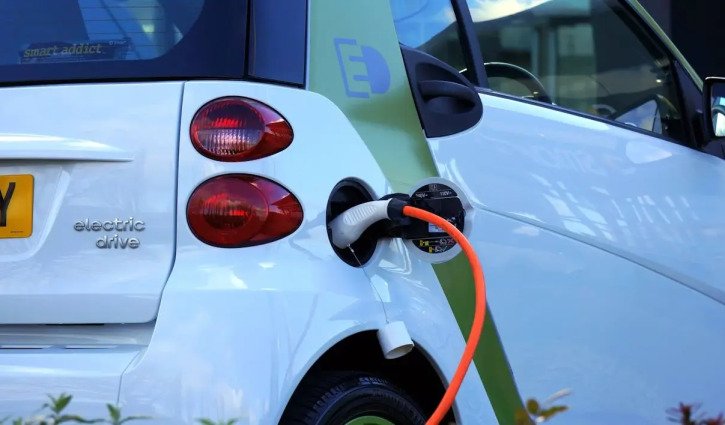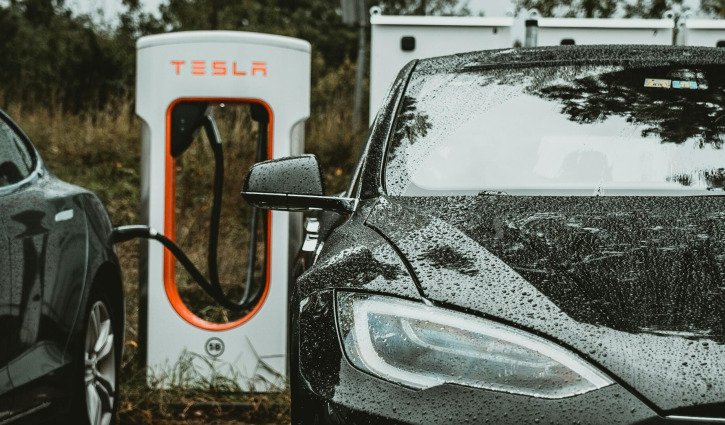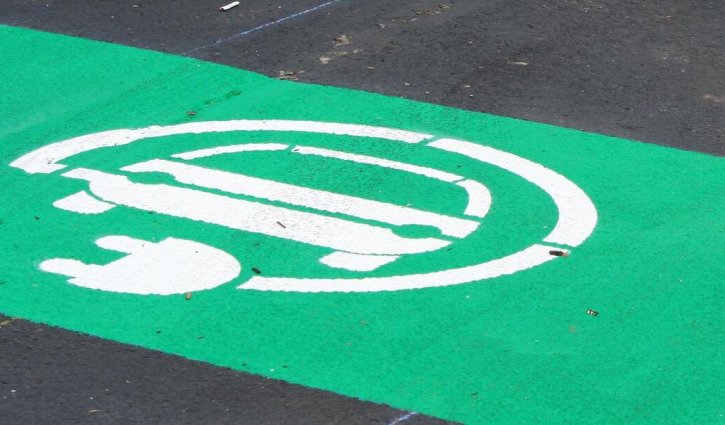Despite generous subsidies and financial incentives from the federal and state governments, Australians are following in the footsteps of their global counterparts and snubbing electric vehicles (EV).
In January this year, EVs only accounted for 4.4% of Australia's total car sales.
Despite expectations of 2025 being a standout year for EV sales - with new emissions caps coming into effect in Australia from January 1 – designed to move consumers away from “outdated, high-emission vehicles" – more Australians appear to be saying no to EVs.
Read more about Australian electric vehicle market set to boom in 2025
According to the latest Carsales EV Consumer Survey report, only 18% of respondents believe they will be driving a battery EV by 2030; a sharp decline from 40% in a June 2022 survey.
EV loyalty wanes
The loyalty of current EV owners is also waning with the number of existing battery EV owners likely to make repeat EV purchases in the future falling from 95% in May 2023 to 83%.
While a lowering of rebate programs and tax benefits by some states may have had a corresponding impact on demand for battery EVs locally, offshore buyers appear to be turning away from Tesla for political reasons.
For example, according to Dutch media company EenVandaag around three in ten Tesla owners are contemplating selling their vehicles citing the behaviour of CEO Elon Musk since becoming one of U.S. President Donald Trump’s closest advisers.
Cameron McIntyre CEO of Caresales’ owner Car Group says it is too early to tell if Australians are turning away from Tesla for similar reasons. However, he did advise the market that the lower uptake of EVs reflects a more broader global trend.
Unlike 2022 when they were still the new kids on the block, McIntyre says today EVs are now just another drive-train.
Global downtrend
Here's a snapshot of how global EV sales have recently fallen:
- German battery EV sales were down by over a third in December.
- French sales are down 20% following removal of tax breaks.
- California reported flat-lining EV sales in 2024.
- Battery EV sales tanked in New Zealand in 2024 once subsidies ended on 31 December 2023.
In response to sluggish consumer demand and soft sales, a number of major global automobile manufacturers have wound back battery EV production.
CarSales research also attributes the steep depreciation in used (EV) values to decisions by Tesla and other big carmakers to slash their prices.
“… the depreciation that people take on the perks of a new EV can be quite substantial. So you’ve had prices in EVs coming down over time, and people buying new ones – and then several months later, the retail, new retail price comes down and that has an impact on their second hand value,” said McIntyre.
Major price drops, adds McIntyre – with Tesla slashing $10,000 off its most affordable model – is also putting people off buying new EVs.
This is evident in Tesla’s combined January sales, down 33% on the same month in 2024.
Meanwhile, the downturn in EV sales does not bode well for lithium stocks who have witnessed a crash in prices of the commodity due to oversupply.



